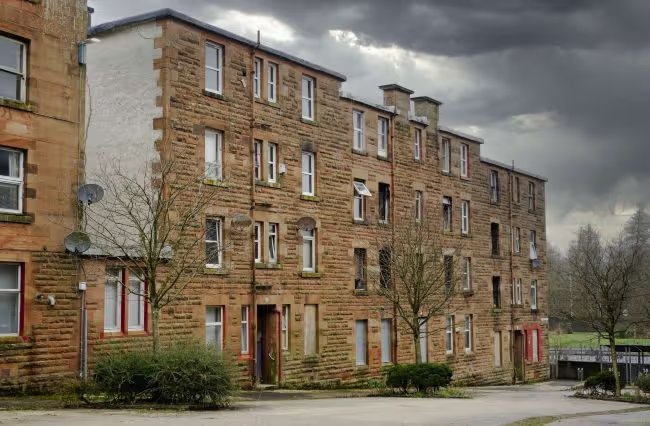




As pressure mounts to restore Local Housing Allowance (LHA) rates, landlords are already dealing with the impact. Inadequate housing support combined with changes to Universal Credit (UC) deduction policy means managing and recovering rent arrears is becoming more complex.
Slower recovery, less control
Since 30 April 2025, the Department for Work and Pensions (DWP) has reduced the cap on deductions from a claimant’s UC standard allowance from 25 % to 15 %. While this offers tenants greater protection from large deductions, it also means landlords may face longer delays in recovering unpaid rent.
In January 2025 the High Court in Roberts v Secretary of State for Work and Pensions [2025] EWHC 51 (Admin) ruled that the DWP’s policy of making deductions or redirecting UC housing cost payments to landlords without giving claimants an opportunity to make representations before the deduction was unlawful.
As a result:
• Landlords and tenants should be aware that before certain direct payments or deductions can proceed, the tenant must be notified and given a chance to respond
• While APAs (Alternative Payment Arrangements) or managed payments to landlords remain lawful tools, their use must now comply with fair procedure
• These revised procedures are still under review, as the DWP has signalled it will re examine and update the process following the judgment
For landlords, this means:
• No guaranteed automatic fallback if tenants fall behind. Landlords must follow the updated process, which now includes tenant notification and an opportunity to respond before deductions or direct payments can be set up
• More administrative steps and greater uncertainty around direct payments and deductions
• Higher risk of prolonged arrears or unresolved rent shortfalls
LHA freeze compounding the problem
With LHA rates frozen (and thus increasingly out of line with market rents), many tenants rely on benefit supported accommodation with a growing gap between what benefit covers and what the market demands. This affordability gap increases the risk of rent shortfalls, partial payments and arrears for landlords.
Although exact numbers vary, it’s widely reported that very few private rented properties are now genuinely affordable to tenants relying on housing benefit, imposing higher risk for landlords letting to UC claimants.
Staying proactive
To protect your income and reduce arrears risk:
• Discuss tenants’ benefit status, their rent affordability and how UC interacts with housing costs upfront
• Once arrears hit two months, apply promptly for a managed payment/direct payment (APA) but ensure you follow current guidance around tenant consultation and fair procedure
• Keep detailed records of rent payments, arrears, correspondence and communications with tenants
• Assess affordability carefully before letting to tenants on UC, incorporating the risk of slower recovery and procedural hurdles
Final word
Until LHA rates are restored and the UC arrears deductions/APA processes are fully updated to reflect the court judgment and DWP review, landlords remain exposed to higher financial risk. With slower recovery routes, increased procedural safeguards and more uncertainty, a cautious and well informed approach is essential for navigating the rental market in today’s environment.
Tags:
Comments